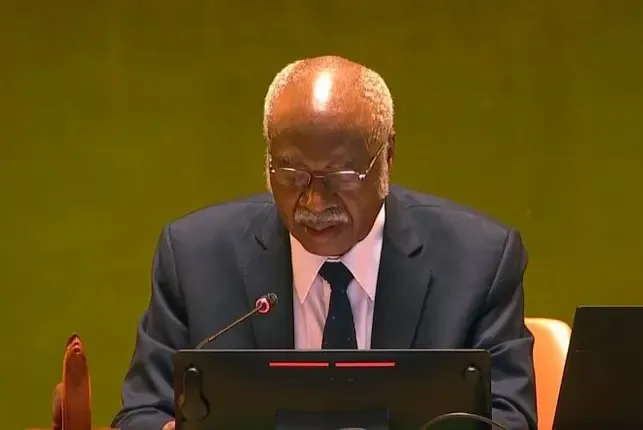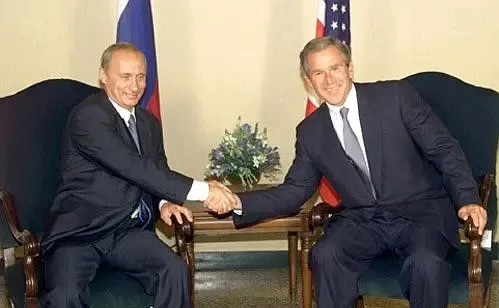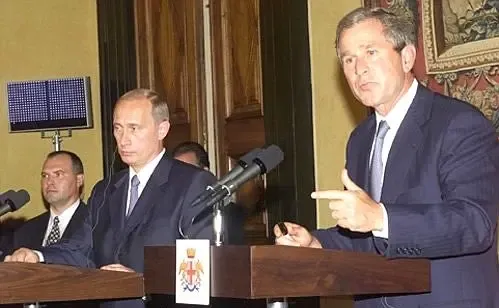Why Does the UN Charter Remain Essential for Global Peace and Security?

Synopsis
Key Takeaways
- The UN Charter is vital for global peace and security.
- It promotes international cooperation and human dignity.
- Signed by 50 nations in 1945, it aims to prevent future wars.
- The Charter has facilitated multilateral diplomacy and decolonization.
- It remains a guiding framework for addressing global challenges.
United Nations, Sep 9 (NationPress) The principles and objectives outlined in the UN Charter have played a crucial role in shaping the post-World War II international landscape and continue to be indispensable for upholding global peace and security, stated Philemon Yang, the president of the 79th session of the UN General Assembly (UNGA).
Formulated in response to unparalleled devastation, the UN Charter represents a unified pledge to "save succeeding generations from the scourge of war" through international collaboration, the sovereign equality of nations, and respect for universal human dignity, Yang revealed in a recent written interview with Xinhua.
Signed in San Francisco, California, in 1945 by delegates from 50 nations, the UN Charter emerged from a collective resolve to prevent the atrocities of two world wars from recurring, Yang emphasized.
"It signified a solemn commitment to establish a new international framework grounded in cooperation, mutual respect, and the sovereign equality of all states," he remarked.
The UNGA president highlighted that over the past 80 years, the UN Charter has underwritten multilateral diplomacy, averted further world conflicts, advanced decolonization, alleviated global poverty, and provided a forum to tackle shared challenges, according to the Xinhua news agency.
"As the world grapples with pressing crises, the Charter empowers the United Nations to function as a platform for dialogue and a guardian of peace," he asserted.
Despite its imperfections, the United Nations' lasting significance lies in its vision of diplomacy over violence and its advocacy for collective action towards a more equitable, peaceful, and secure world, Yang noted.
"We must persist in embracing the spirit of San Francisco, which inspired the UN Charter, and continue to advocate for bold, cooperative, and principled efforts for the sake of future generations," he concluded.










